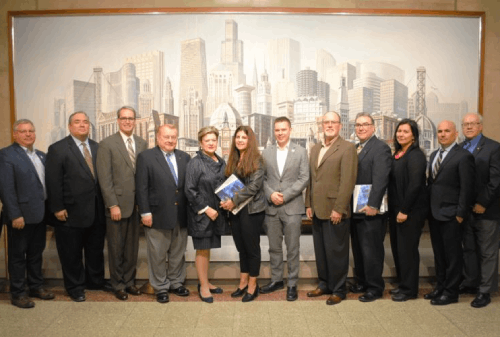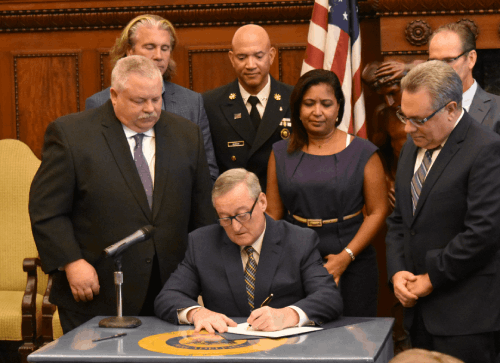
The highlighted states updated their building codes in 2019
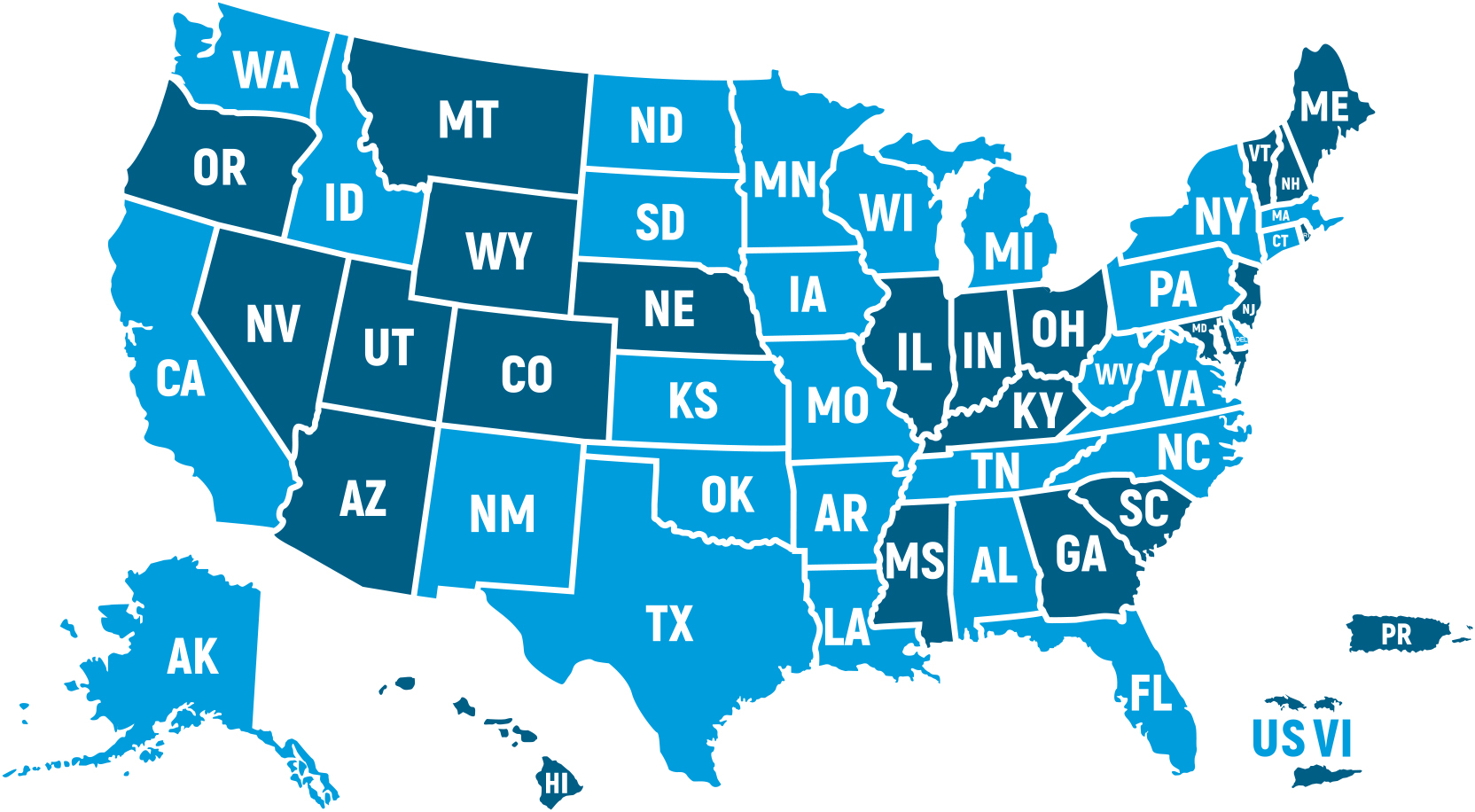
The new Government
Relations National
Strategy seeks to:
- Advocate for the adoption of codes by the federal government, states, and localities.
- Enrich the advocacy resources available for members and strategic partners.
- Build strong relationships between Code Council staff, members and federal, state and local policy makers.
- Read the 2019 Government Relations Report
- Arizona
- Colorado
- Georgia
- Hawaii
- Indiana
- Illinois
- Kentucky
- Maine
- Maryland
- Mississippi
- Montana
- Nebraska
- Nevada
- New Jersey
- New Hampshire
- Ohio
- Oregon
- Puerto Rico
- Rhode Island
- South Carolina
- Utah
- Vermont
- VirginIslands
- Wyoming
Chicago Building Code Adoption
Philadelphia Plumbing Code Adoption
The City of Philadelphia modernized its plumbing code based on the 2018 International Plumbing Code
Texas Adopts ISPSC
Texas passed legislature that adopted the International Swimming Pool and Spa Code (ISPSC) and allows municipalities in the state to require model standards for building, remodeling and repairing pools and spas. The legislature adopted the International Swimming Pool and Spa Code (ISPSC), which was developed by the International Code Council in partnership with the Pool and Hot Tub Alliance. It is the only model code that addresses design and building requirements for public and residential pools and spas.
The Texas pool and spa industry is committed to working with the many municipalities and jurisdictions to adopt the standards, which help make all of the state’s pools and spas safer.
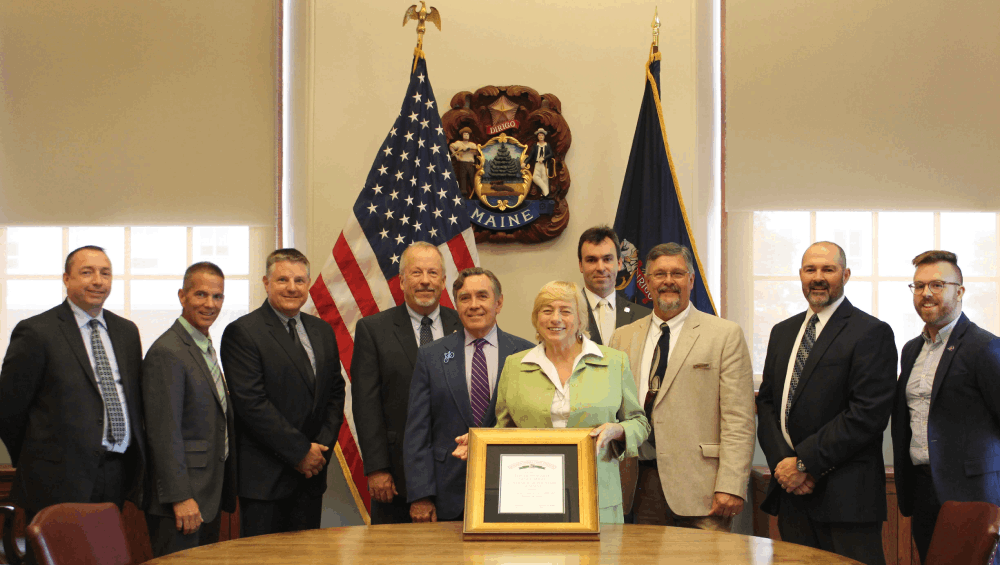
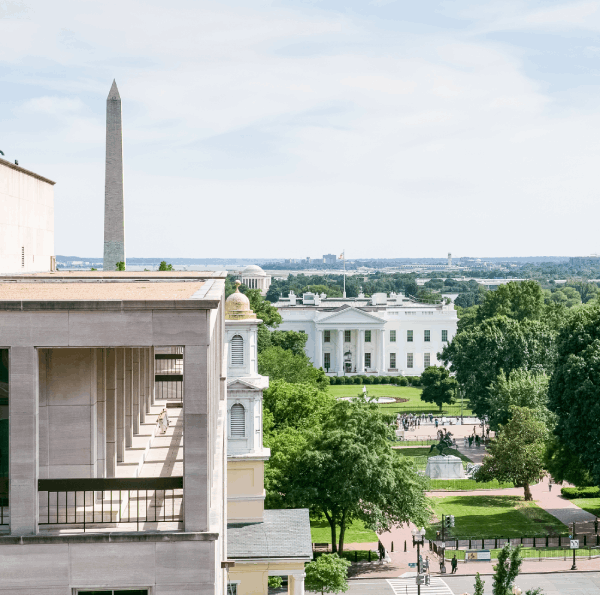
In the News
The Code Council Applauds Advancement of Public Schools Infrastructure Bill
The Code Council worked closely with the U.S. House Committee of Education and Labor prior to its passing of the Rebuild America’s Schools Act (RASA) of 2019 (H.R. 865). This legislation creates a $70 billion grant program and $30 billion tax credit bond program targeted to help address significant health and safety challenges in public schools. The Code Council’s work involved ensured that these critical investments require the latest codes and standards.
U.S. House of Representatives passes bill requiring disaster recovery funds adhere to latest codes
U.S. House of Representatives passed the Reforming Disaster Recovery Act (H.R. 3702), requiring that new construction and rehabilitation funded through the U.S. Department of Housing and Urban Development’s Community Development Block Grant disaster recovery program (CDBG-DR) adhere to the latest building codes. The International Code Council worked closely with House leadership on the bill.
U.S. House subcommittees hear testimony supporting the reauthorization of the National Windstorm Impact Reduction Program
U.S. House of Representatives’ Subcommittees on Research and Technology and Environment held a hearing on the National Windstorm Impact Reduction Program (NWIRP). The purpose of the program is to measurably reduce the loss of life and property from windstorms through an improved understanding of risks and impact. The International Code Council’s and ANCR’s Ryan Colker testified on the importance of the program to the building safety community.
